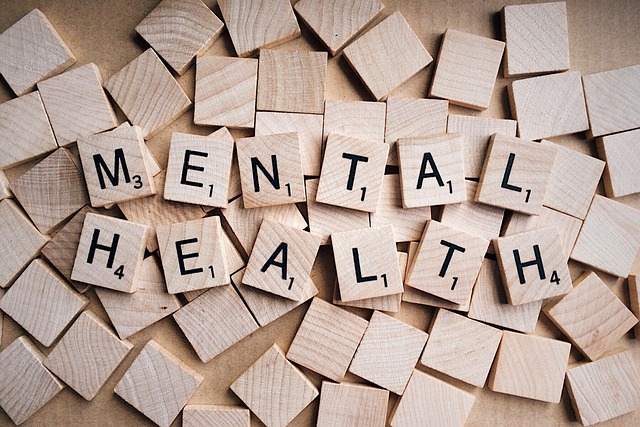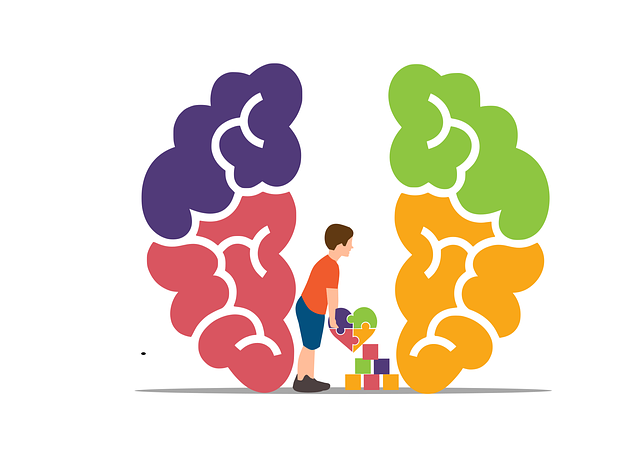Self-care is crucial for well-being in a stressful world, preventing burnout and substance abuse. Arvada Drug Abuse-Substance Abuse Therapy promotes self-care during recovery, improving mental wellness through public awareness campaigns. Identifying areas for improvement in self-care routines enhances resilience and quality of life. This therapy assists individuals in recognizing gaps, understanding triggers, and developing healthier habits, leading to better mental health outcomes. It also emphasizes self-care for professionals to avoid burnout and improve patient support.
Self-care is not a luxury but an essential practice for maintaining overall wellbeing. In this article, we explore the profound impact of self-care on mental and physical health, drawing insights from Arvada Drug Abuse-Substance Abuse Therapy. We begin by understanding its significance, then identify common areas where individuals can enhance their self-care routines. Finally, we present practical strategies and tips backed by expert advice from Arvada Drug Abuse-Substance Abuse Therapy to help you implement effective self-care practices for a healthier, happier life.
- Understanding Self-Care and its Impact on Wellbeing
- Identifying Areas for Improvement in Self-Care Practices
- Implementing Effective Self-Care Strategies: Tips from Arvada Drug Abuse-Substance Abuse Therapy
Understanding Self-Care and its Impact on Wellbeing

Self-care is a fundamental practice that involves attending to one’s physical, mental, and emotional needs. It is about prioritizing your overall wellbeing and creating a healthy balance in life. In today’s fast-paced world, where stress and pressure are prevalent, incorporating self-care routines becomes even more crucial. Understanding the impact of self-care on our lives is essential, especially when considering its role in preventing burnout and promoting mental wellness.
When individuals engage in regular self-care activities, such as exercise, mindfulness practices, and setting personal boundaries, they can significantly reduce the risk of substance abuse like drug addiction. Arvada Drug Abuse-Substance Abuse Therapy emphasizes the importance of self-care in recovery processes. Public Awareness Campaigns Development plays a vital role in educating folks about the value of prioritizing mental wellness, which ultimately contributes to healthier communities. By adopting self-care practices, individuals can enhance their resilience and overall quality of life, steering clear of burnout and promoting a positive mindset.
Identifying Areas for Improvement in Self-Care Practices

Identifying areas for improvement in self-care practices is a crucial step toward enhancing overall well-being, especially when addressing issues like drug abuse and mental health challenges. Many individuals may overlook certain aspects of their lives that contribute to stress, anxiety, or substance abuse as they go about their daily routines. Taking the time to reflect on one’s lifestyle, relationships, work-life balance, and emotional state can reveal potential areas for growth and positive change.
For instance, a person struggling with substance abuse may realize that their self-care routine lacks healthy coping mechanisms, such as regular exercise, meditation, or engaging in hobbies. In Arvada, drug abuse-substance abuse therapy offers valuable support and guidance to help individuals identify these gaps. By participating in therapy, one can gain insights into personal triggers, develop healthier habits, and build confidence in managing challenges without resorting to harmful substances. This transformative process forms the foundation for creating a balanced self-care routine tailored to individual needs, fostering better mental health outcomes.
Implementing Effective Self-Care Strategies: Tips from Arvada Drug Abuse-Substance Abuse Therapy

Implementing effective self-care strategies is a cornerstone of well-rounded mental health and wellness. Arvada Drug Abuse-Substance Abuse Therapy emphasizes that professionals, especially those in high-stress fields like mental health care, must prioritize their own emotional well-being to avoid burnout and maintain optimal patient support. They recommend a multifaceted approach that combines practical self-care techniques with robust communication strategies.
One key tip from Arvada Drug Abuse-Substance Abuse Therapy is conducting regular risk assessments for yourself, much as you would for clients. This internal risk assessment involves identifying personal triggers, stress factors, and potential vulnerabilities to ensure proactive management. Additionally, they encourage the adoption of emotional well-being promotion techniques tailored to individual needs, whether through mindfulness practices, regular exercise, or creative outlets. Effective communication strategies are also vital; professionals should openly discuss self-care goals with colleagues, supervisors, and clients to foster a supportive environment that encourages balanced living.
Self-care is a powerful tool for enhancing overall wellbeing, and by identifying areas of improvement and implementing effective strategies, individuals can transform their lives. As demonstrated by Arvada Drug Abuse-Substance Abuse Therapy, prioritizing self-care is not just a personal choice but a necessary step towards recovery and long-term mental health. By embracing self-compassion, setting boundaries, and adopting healthy habits, we can navigate life’s challenges with resilience and grace. Remember, small changes in self-care practices can lead to significant improvements in quality of life.














